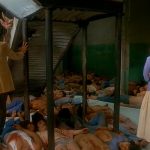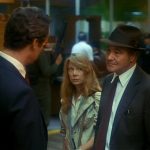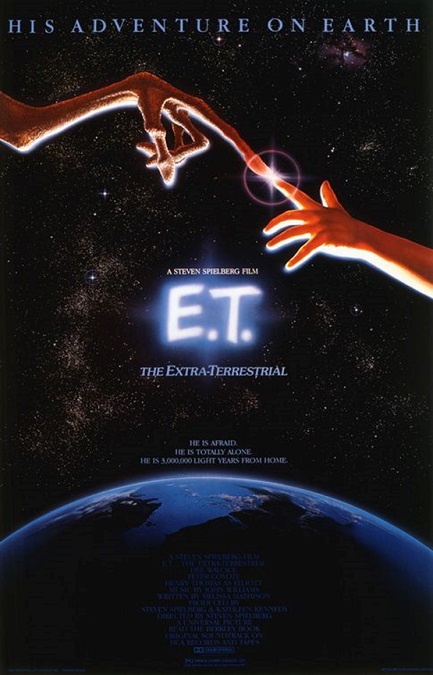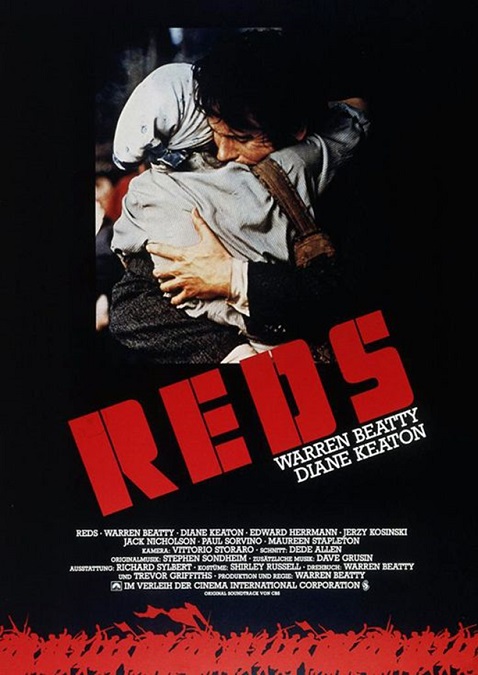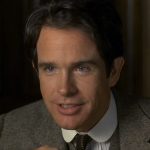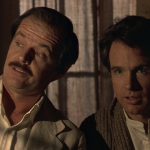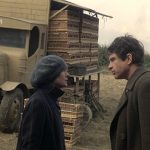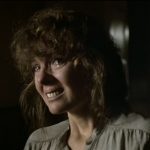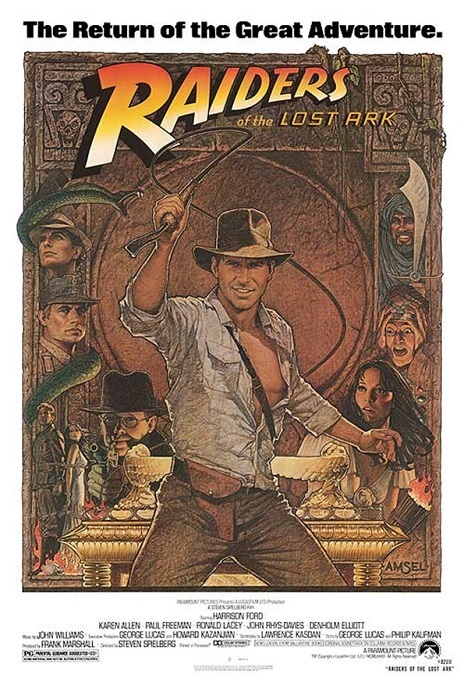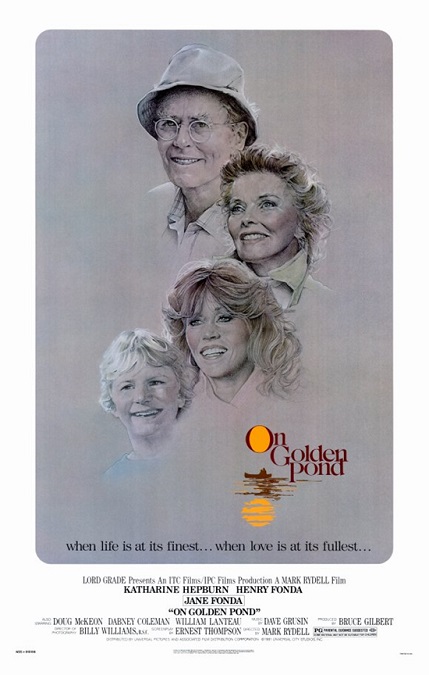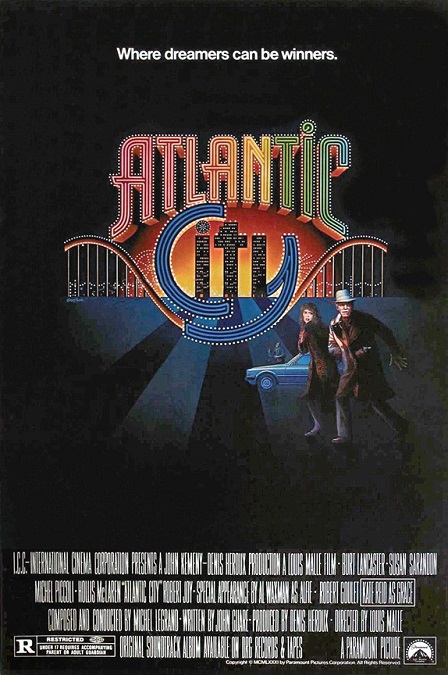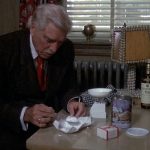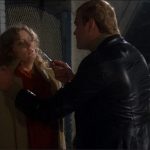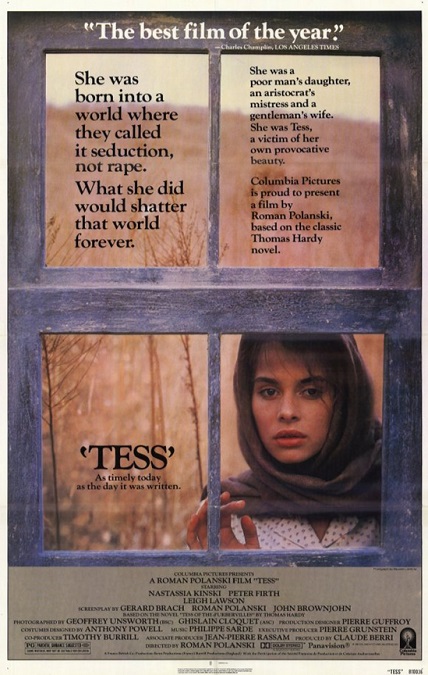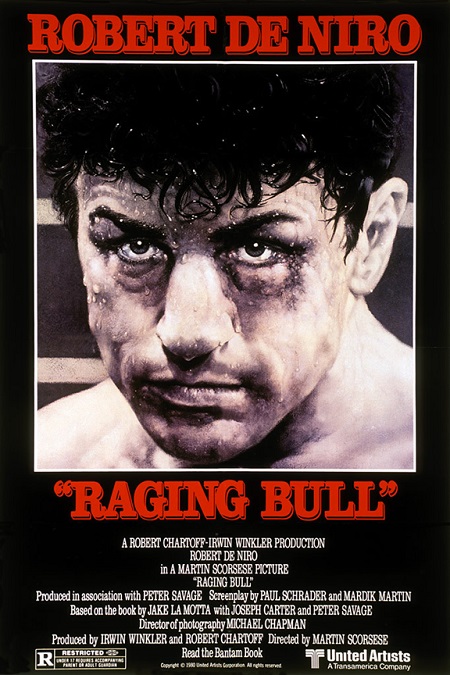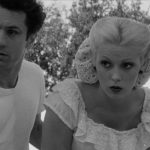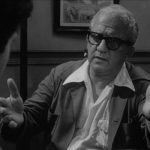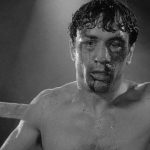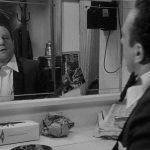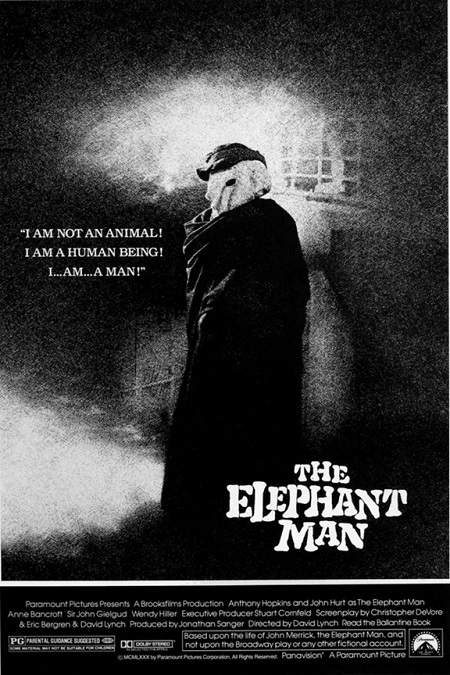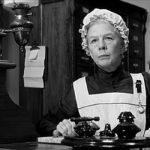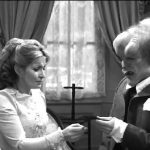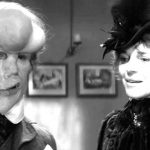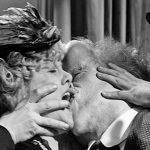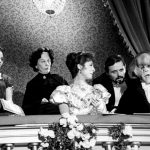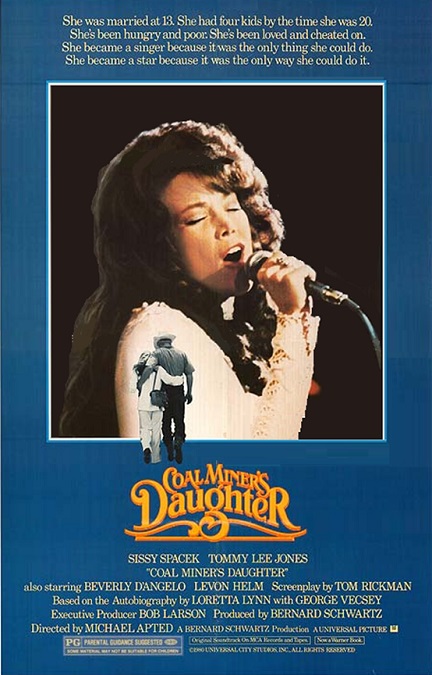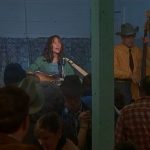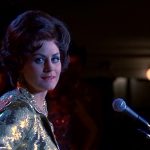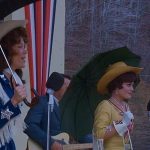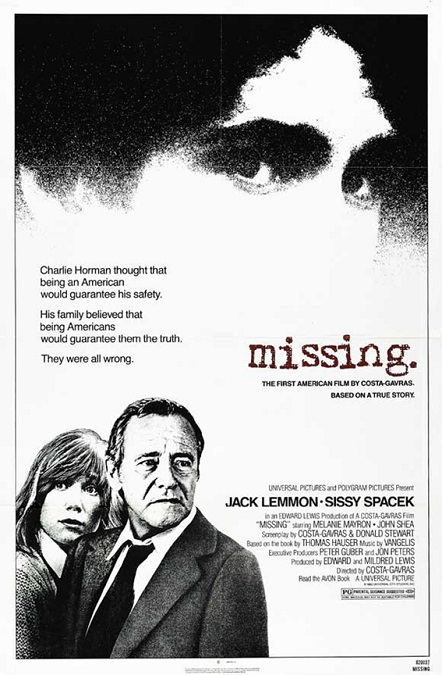
Missing – 1982
This movie was mildly interesting, though I have a feeling it was much more topical in 1982. It was a semi-political drama that was based on real events. The story was set in the Chilean coup of 1973. American journalist, Charles Horman, played by John Shea, lives in the city of Santiago with his wife, Beth, played by Sissy Spacek. The two enjoy a happy life together until the coup d’état.
The military police take over everything, slaughtering anyone suspected of opposing the new government. American citizens believed themselves to be safe. But when Americans started disappearing as well, all bets seemed to be off. Charles was among the missing, and the majority of the movie is about his father, Edmund, played by Jack Lemon and Beth’s search to find him, alive or dead.
They try to go through the officials at the US Embassy but get very few answers. They get the feeling they are being driven in circles and given the runaround. They begin their own investigation, interviewing friends and neighbors. Eventually they begin to believe that the US Government was involved in Charles’ arrest and, as they eventually discover, his execution.
There was some interesting story-telling as we follow them in their search, but there was also some good drama as we follow the tense relationship between Edmund and Beth. Edmund starts out as an old fashioned guy who believes in the infallibility of his own government. It quickly becomes clear that Edmund disapproves not only of his son’s choice of career, but of his choice of wife, and his choice of where to live. He and Beth star out arguing with each other about nearly everything. But the character undergoes a major shift in beliefs by the end of the film, as he is ready to sue the US government and its Chilean representatives.
Lemon did a very good job and I have to give him proper credit. I am only used to seeing him in comedic roles, but there was nothing comedic about his part in Missing. Spacek also did a good job. I’ve always thought that she is an actress that has a very meek and fragile look, and I am consistently pleasantly surprised when I see her portray strong characters with backbone and bravery.
But I have to mention one thing about the film that I was not impressed with. The score. Now I know my opinion might not be a popular one, but Vangelis is insufferable! This film score was slow and unmoving, just like his award winning score for 1981’s Chariots of Fire. The plodding and surrealistic use of slow and ominous electronic tone clusters failed to impress me. I don’t get why everyone is so impressed with his style.
As with all films based on a true story, I did my research to find out just how accurately the story was told. Apparently, it was pretty accurate on most counts. According to the film, the poor guy was just in the wrong place at the wrong time. He had a casual conversation with a stranger in a restaurant who happened to be a CIA operative, Andrew Babcock, played by Richard Bradford, who was very loose-lipped about the United States’ involvement in setting up and fomenting the coup d’état. He heard too much and the GOC, the Government of Chile, had him killed because he “knew too much”. But the worst part is that the CIA knew that Horman had been targeted by the GOC and turned a blind eye, knowing that his death would also serve their own interests. Then when an investigation was done, they did everything in their power to block the investigation, flatly denying any US involvement. My research doesn’t dispute any of this.
And lest I forget, I have to make honorable mention of two actors who each played their parts well. Two people in Beth and Charlie’s circle of friends were Frank Teruggi and David Holloway, played by Joe Regalbuto and Keith Szarabajka. Teruggi is also an American journalist who suffers the same fate as Horman. The two actors both did their jobs well.
The film was engaging and the investigation was easy to follow. The direction by Greek filmmaker, Costa-Gavras, did a good job building the tension and making the plot easy to identify with. Maybe it was a little slow, but even that wasn’t too bad. I’d say that it was a good enough film, though nothing I’ll be running out to watch again.







